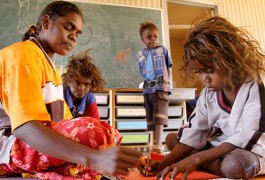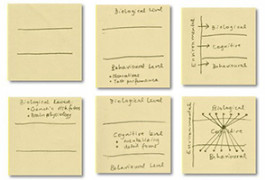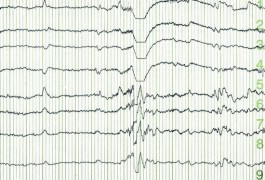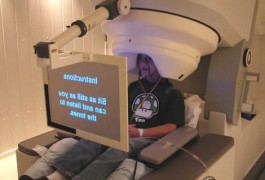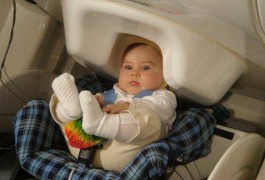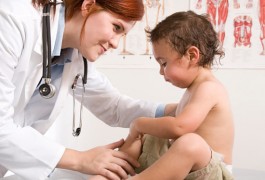Clinical research: Autism diagnosed more often in wealthier families
A child in Australia is more likely to have autism if he or she is the first-born, is born to a woman who is older than 40 years, or belongs to a family of higher socio-economic status, according to a study published in March in PLoS One.
